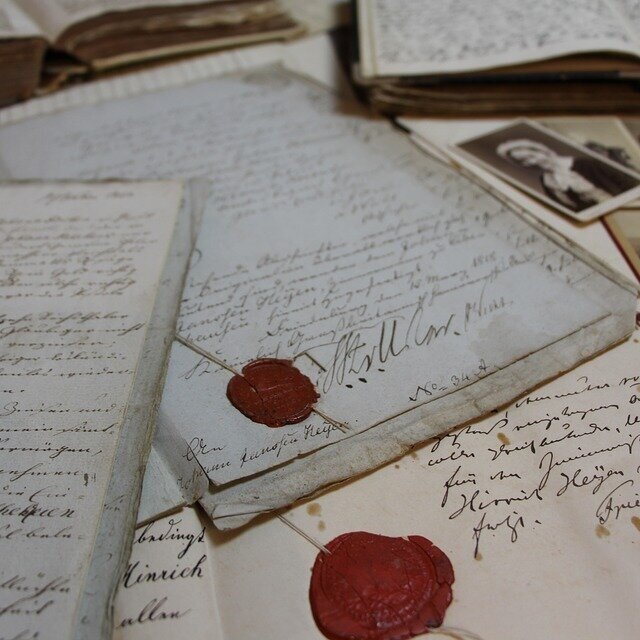Electronic notarization and digital company formation
Status quo of the current legal situation
For the formation of a public limited company or a private limited company, the law requires various documents certified in writing as well as a public notarisation of the act of formation.
The current legal situation does not allow a notary to execute a deed without using paper. The cantons may allow notarial officers to produce electronic copies of the written documents they draw up on the basis of Art. 55a SchlT ZGB. Electronic certification of the correspondence between a paper document and an electronic document and of the authenticity of a signature is also permitted. The notary requires a qualified electronic signature for this purpose (cf. ZertES; SR 943.03). However, the notary is still obliged to produce the original of the document on paper. The aforementioned possibility of digitising a written document requires additional time.
"The entry into force of the EBÖG would be an important step towards the possibility of fully digital incorporation of companies."
Complete electronic certification
The EBÖG is intended to create the basis for complete electronic certification. The original no longer has to be issued in paper form, but can be publicly authenticated by the authenticating officer entirely in electronic form. The same applies to electronic certifications. The consultation on the EBÖG(VE-EBÖG) has already been completed. According to the VE-EBÖG, the deeds are to be entered in a central register. The VE-EBÖG provides for a transitional period of 10 years. Until then, the creation of deeds in pure paper form will continue to be possible.
Related legislative projects
With the entry into force of the EBÖG, an important step would be achieved for the possibility of fully digital incorporation of companies.
Another factor that could make the formation of an AG or GmbH even more efficient would be a legally recognised electronic identity of the founders. This could facilitate the step of certifying the identity or authenticity of a founder's signature. With the Federal Law on Electronic Identity Certification Services(BGEID), the Swiss legislator has created the basis for issuing such electronic identities. However, a referendum was held against this.
This article was written by Rebecca Isenegger, lawyer.
For further information on this topic, please contact Balthasar Wicki directly.

